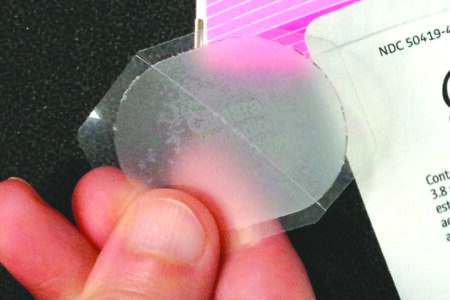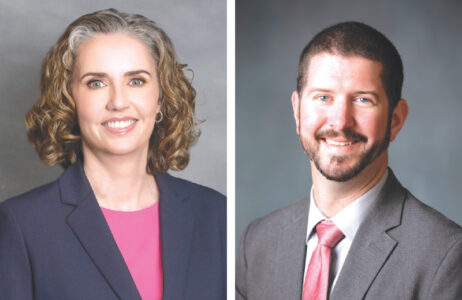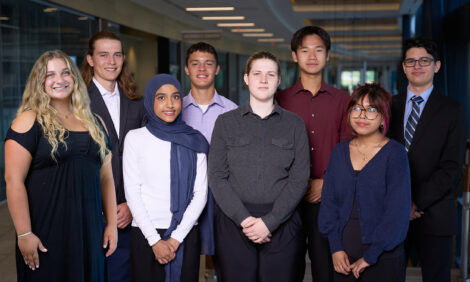Physical therapy helps KU soccer player get back on the field after concussion

photo by: Contributed
Sophie Dawe is starting this season for the Kansas women’s soccer team after recovering from a concussion.
Have you ever watched a soccer match and seen players collide? It isn’t uncommon for those impacts to result in a concussion for one or both. Statistics from the Consumer Product Safety Commission show that 40% of soccer concussions are attributed to head-to-player contact.
That was certainly the case for Sophie Dawe, a redshirt freshman goalie for the University of Kansas women’s soccer team. She was playing in the final spring game in April 2024 when she was in a head-on-head collision with another player and got a concussion.
“I had severe headaches, dizziness and pressure in my head,” Dawe said. “The symptoms limited the amount of time I could use a computer. I had to get extensions on my schoolwork and also wasn’t able to train all summer.”
Dawe worked with team doctors at KU and made improvements, but her symptoms persisted. She wasn’t able to do any aerobic or strength activities without them becoming worse.
Dr. Luis Salazar, a sports medicine physician at OrthoKansas who works with Kansas Team Health, recommended that Dawe turn to LMH Health Therapy Services for vestibular therapy to help manage her symptoms.
Haley Gragert is a physical therapist and athletic trainer who specializes in treating patients with dizziness and balance issues. She began working with Dawe in mid-June.
“The athletic trainer at KU did a great job of starting the process with vestibular and oculomotor (eye) training to work on improving the coordination of Sophie’s eyes with her brain,” Gragert said. “The start of training for the upcoming soccer season was at the end of July, so it was important for us to resolve her symptoms.”
Dawe wasn’t sure what to expect during their first meeting.
“I’d never had rehab for a head injury and didn’t really know what would happen,” she said. “We went through testing that first day to establish my baseline and determine where to go from there.”
Gragert took a deeper dive into Dawe’s symptoms and identified part of the problem as benign paroxysmal positional vertigo or BPPV. This common inner ear disorder leads to sudden vertigo — a feeling that the room is spinning — with changes in your head position.
“Through physical therapy, we got to the point where Sophie was able to change position, turn her head, run, jump and do sport-specific drills without symptoms,” Gragert explained.
After working with Gragert for about five weeks, Dawe’s symptoms have totally resolved. She’s back on the pitch as the starting goalie for Kansas.
“Haley gave me eye exercises to help with my coordination and those have made me a better goalie. I feel better than I ever did before my injury,” Dawe said. “I definitely recommend working with Haley and the team at LMH Health. I was nervous going in because I felt like getting physical therapy for dizziness wasn’t the norm, but I’m so glad that I did.”
• Autumn Bishop is the marketing manager and content strategist at LMH Health, which is a sponsor of the Lawrence Journal-World health section.






